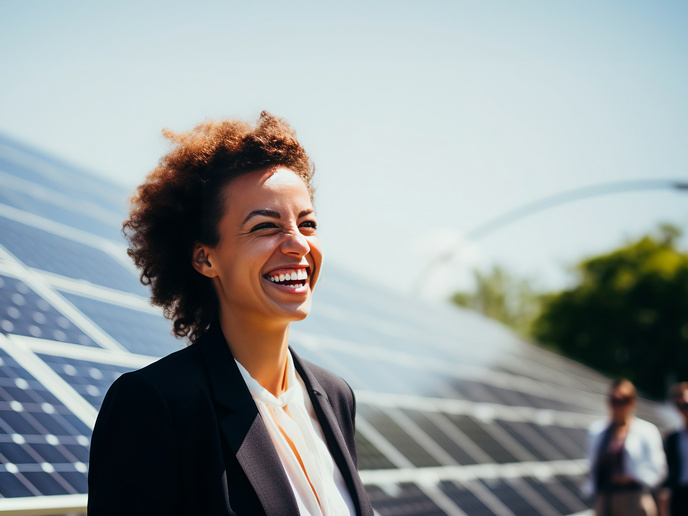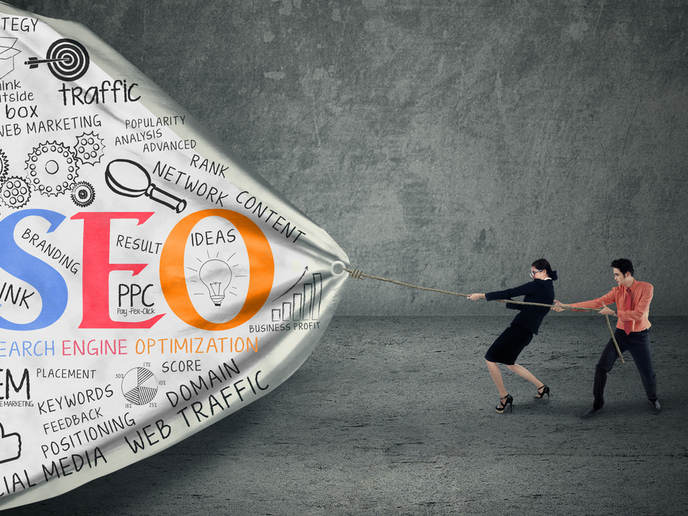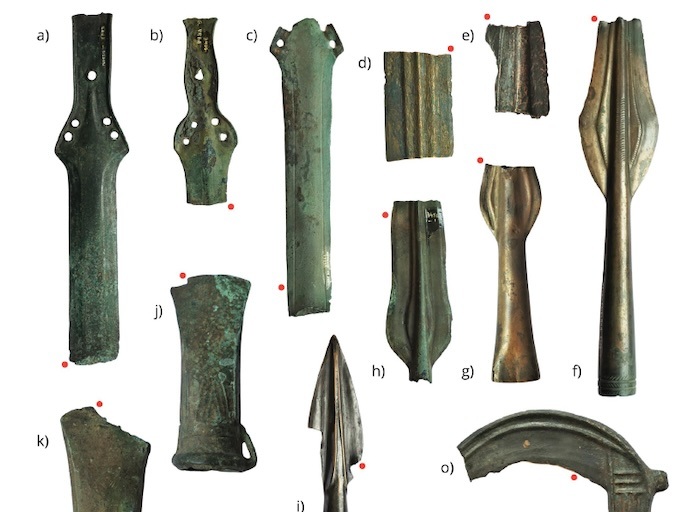Fostering a gender-inclusive approach in renewable energy markets
The clean energy transition has been a major challenge for societies, and its paramount importance is not exclusively related to environmental reasons. A consortium of 12 partners from eight European countries believes that women have great potential as agents of change to drive this transition and help the EU meet its climate and energy targets for 2030(opens in new window). Using its expertise on renewable energy sources, innovative business development and advocacy for women, the consortium created the W4RES project(opens in new window) to enhance the market adoption of renewable heating and cooling (RHC) solutions and to increase the active involvement of women in this sector. “Research has indicated that RHC technologies are a cost-effective and dynamic field within which to accelerate the energy transition. At the same time, the gender aspect has been overlooked by an archaic and business-as-usual approach that ignores socioeconomic issues such as energy poverty, employment biases and the talent of 50 % of the population, as well as their priorities and perspectives, resulting in ineffective and sterile solutions that lack scalability potential,” affirms Yiannis Konstas, W4RES project coordinator.
From research to action
Over the three years of the project, the partners explored the conditions and regional specificities of the RΗC market in eight representative countries: Belgium, Bulgaria, Denmark, Germany, Greece, Italy, Slovakia and Norway. They produced reports about the aspects that can hinder or favour the uptake of renewable energy sources in heating and cooling, the challenges and recommendations for these countries as well as the actions that women can take to tackle barriers and drive the deployment of RHC solutions. Based on this comprehensive assessment, W4RES developed a set of flexible and cost-effective support measures, tested on-field, to help establish feasible and sustainable business for the deployment of RHC solutions. The measures aim to cut down project development timings and efforts, and to sidestep legal, institutional and financial challenges, while facilitating women’s engagement in the adoption of renewable energy technologies. Business, innovation and technical support services were offered to 56 awardees. Women-led projects also received support in gender-just planning of business concepts. Besides the supported project(opens in new window), W4RES enabled the advancement of new start-ups, such as FÜNF PROZENT, which helps municipalities and solar providers to accelerate decarbonisation of existing buildings, and H2MC.Heating which provides hydrogen heating systems as a carbon-free solution for buildings.
Empowering women for the energy transition
W4RES realised a series of webinars about female empowerment and published a set of tools for gender mainstreaming, including instruments that can help energy organisations make a gender self-assessment and implement gender-responsive communication. A lot of materials can be found on the project’s website, such as policy recommendations and a guide to strategies that can help build a more sustainable energy sector prioritising diversity and inclusivity. “To be truly transformative, energy access and the energy sector must be linked with an agenda that challenges stereotypes of the role of women and that advances their rights, dignity, visibility in their different roles as consumers, producers, investors, experts, mothers, and change agents,” states Konstas. “This means real agency in participation, recognition and decision-making to set policy agendas and to implement promotion of women in projects like W4RES.”






